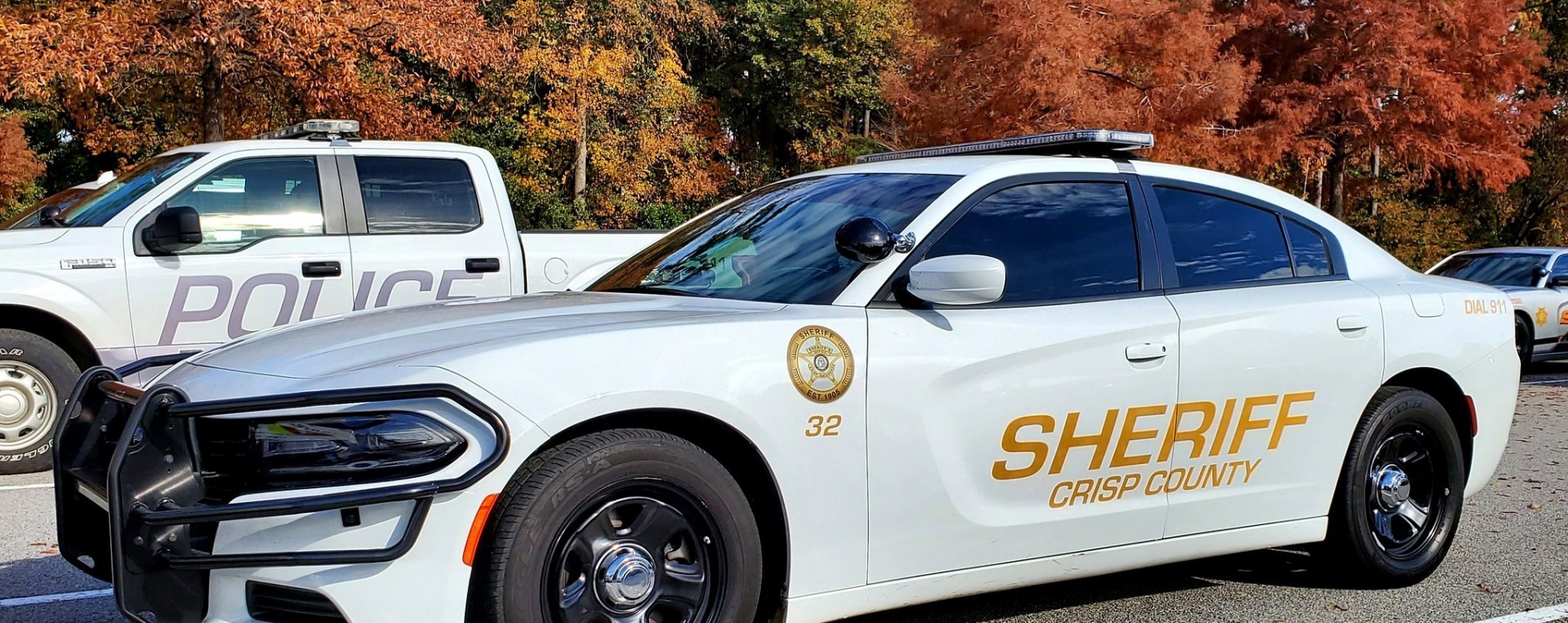Day 1 : Family Preparedness
If a disaster struck, would your family know what to do? Sit down with your family to decide how you will get in contact with each other, where you will go and what you will do in an emergency. Build an Emergency Kit. #SWPW2020
Day 2: Thunderstorm Safety
Learn the difference between a thunderstorm watch and a thunderstorm warning and make sure you’re prepared for both. #NSWPW2020
Severe Thunderstorm Watch:
A Severe Thunderstorm Watch is issued when severe thunderstorms are possible in and near the watch area. IT DOES NOT MEAN THAT THEY WILL OCCUR. IT ONLY MEANS THEY ARE POSSIBLE.
Severe thunderstorms are defined as follows:
1) Winds of 58 mph or higher
AND/OR
2) Hail 1 inch in diameter or larger.
Severe Thunderstorm Warning:
A Severe Thunderstorm Warning is issued when severe thunderstorms are occurring or imminent in the warning area.
Severe thunderstorms are defined as follows:
1) Winds of 58 mph or higher
AND/OR
2) Hail 1 inch in diameter or larger.
Day 3: Tornado Safety
Be prepared for a tornado know the terms! #SWPW2020
A Tornado Watch is issued when severe thunderstorms and tornadoes are possible in and near the watch area. It does not mean that they will occur. It only means they are possible.
A Tornado Warning is issued when a tornado is imminent. When a tornado warning is issued, seek safe shelter immediately.
Day 4: Lightning Safety
Make sure to know the lightning safety rules. If you hear thunder or see lightning, go indoors. Stay indoors for at least 30 minutes after hearing the last clap of thunder. #SWPW2020

Day 5: Flood Safety
NEVER drive through standing water. It only takes two feet of standing water to sweep away a full-sized car. #SWPW
Source:
